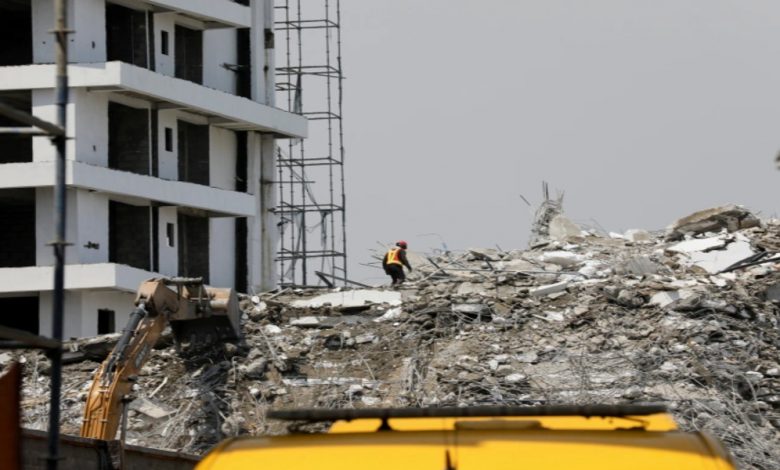Building collapses have been increasingly frequent in Nigeria in recent years. Recently, a 21-story building in Ikoyi, Lagos State, collapsed and killed several people, including the owner.
The causes are not inconceivable: low-cost, substandard building materials, unqualified employees, and lack of professional control at various phases of development.
This occurs even though existing professional bodies such as the Council for the Regulation of Engineering in Nigeria (COREN), the Architects Registration Council of Nigeria (ARCON), the Council of Registered Builders of Nigeria (CORBON), and the Quantity Surveyors Registration Council of Nigeria (QSRBN) are tasked with regulating construction practices.
Kunle Awobodu, the National President of the Building Collapse Prevention Guild (BCPG), recently said that over 1,000 structures on Lagos Island alone are unsafe for occupancy, while 36,000 buildings throughout Lagos are “accidents waiting to happen”.
He revealed that over 84 structures in Nigeria collapsed between 2011 and 2019. Only 21 of the 84 incidents took place outside of Lagos.
Minister of Works and Housing Babatunde Fashola expressed regret at the incident, which he described as a “horrific tragedy” that should have been avoided. In an interview with reporters in Abuja, he emphasised that such issues must be resolved to prevent similar disasters.
Meanwhile, COREN President Engr. Ali Alimasuya Rabiu said Nigerians doing high-profile work are not utilising experienced and licenced personnel.
According to Mr Rabiu, increased building material costs, such as cement and iron rods, have hindered quality assurance in residential construction, as most people want to maximise earnings by cutting corners.
source: politicsnigeria





